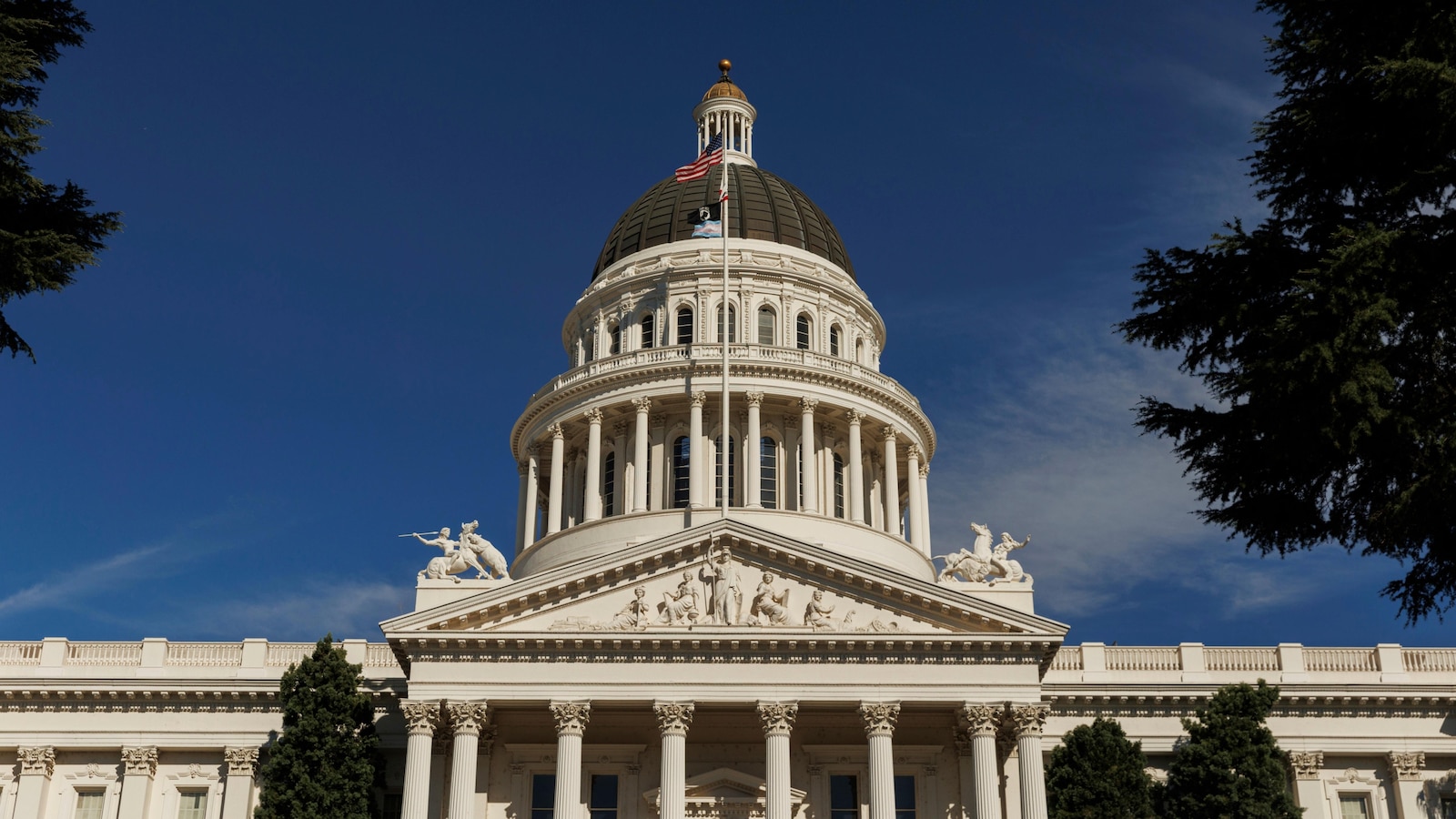California lawmakers approve legislation to ban deepfakes, protect workers and regulate AI
California lawmakers recently passed a trio of bills aimed at protecting consumers and workers from the potential harms of deepfake technology, as well as regulating the use of artificial intelligence in the workplace.
The legislation, which was approved by the state Assembly and Senate with overwhelming bipartisan support, addresses growing concerns about the misuse of deepfake technology to create and distribute manipulated videos and images that can deceive and harm individuals.
One of the bills, AB 602, bans the use of deepfake technology to create pornographic material without the consent of the individual depicted. This measure aims to protect individuals from having their likeness exploited in harmful and degrading ways.
Another bill, AB 1680, requires companies that use deepfake technology to disclose that fact to consumers in a clear and conspicuous manner. This transparency requirement is designed to ensure that individuals are aware when they are interacting with content that has been manipulated through artificial means.
In addition to the deepfake legislation, California lawmakers also passed AB 25, which regulates the use of artificial intelligence in the workplace. This bill requires companies to notify employees if they are being monitored or evaluated using AI technology, and to obtain consent before implementing such systems.
The legislation comes at a time when concerns about the potential negative impacts of AI and deepfake technology are on the rise. Deepfakes, in particular, have the potential to spread misinformation and undermine trust in the media and public discourse. By taking proactive steps to regulate these technologies, California lawmakers are sending a clear message that they are committed to protecting the rights and well-being of their constituents.
The passage of this legislation is a significant step forward in the effort to address the ethical and legal implications of AI and deepfake technology. By establishing clear guidelines for the use of these technologies, California is setting a precedent for other states to follow in order to protect consumers, workers, and the public at large.






